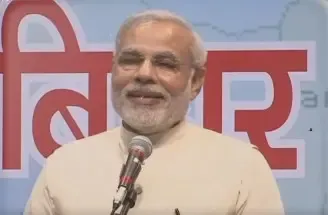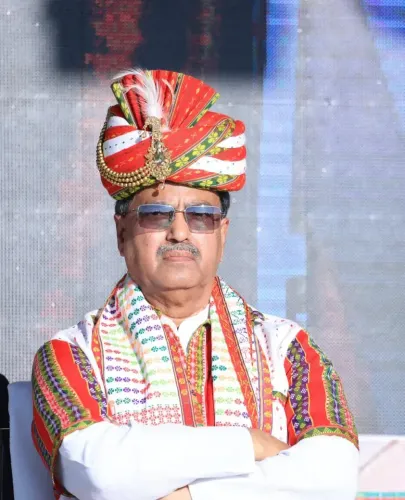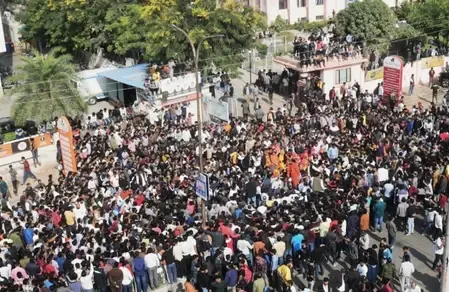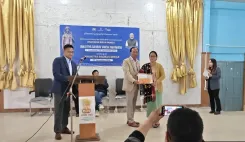Did the MP HC Really Ban the Burning of Effigies of Sonam Raghuvanshi on Dussehra?

Synopsis
Key Takeaways
- MP High Court bans burning of effigies
- Petition filed by Sonam's mother
- Democracy emphasizes lawful actions
- Public sentiment must respect legal processes
- Effigies linked to multiple accused
Indore, Sep 27 (NationPress) The Madhya Pradesh High Court has issued a directive on Saturday, prohibiting the burning of effigies of Sonam Raghuvanshi and other women from different states during Dussehra celebrations in Indore.
A local social organization had planned to set ablaze effigies of women, including Sonam Raghuvanshi, who gained notoriety for allegedly orchestrating her husband's murder during their honeymoon in Meghalaya.
This ruling followed a petition submitted by Sonam Raghuvanshi's mother, Sangeeta Raghuvanshi.
According to official records, Sonam's mother argued that her daughter has been wrongfully implicated in the case, which is currently being adjudicated in a court in Shillong (Meghalaya).
The court remarked that such actions are not permissible in a democratic framework and forbade the organization from burning the effigies of women facing criminal charges across various regions of the country.
Sonam Raghuvanshi's spouse, Raja Raghuvanshi, disappeared on May 23 during their honeymoon in Meghalaya, and his disfigured body was discovered on June 2 in a deep ravine by a waterfall in the Sohra area (also known as Cherrapunji) within the East Khasi Hills district.
The mysterious disappearance of Raja and Sonam in Meghalaya spurred a nationwide search effort.
Ultimately, Raja's remains were recovered, and Sonam later surrendered to the authorities in Uttar Pradesh as law enforcement from Meghalaya apprehended additional suspects.
Alongside Sonam Raghuvanshi, the Meghalaya Police have detained her alleged lover Raj Kushwaha and three associates — Vishal Singh Chauhan, Akash Rajput, and Anand Kurmi.
In connection with the case, Sonam Raghuvanshi and several others, including her alleged lover, are currently in custody.
A 11-headed effigy is being crafted for the 'Surpanakha dahan' by the local organization Paurush (People Against Unequal Rules Used to Shelter Harassment).
In addition to Sonam Raghuvanshi, they intended to burn effigies of ten other women who were either directly or indirectly involved in the murder of their spouses.
Among these women, five are from Uttar Pradesh and two from Madhya Pradesh.









